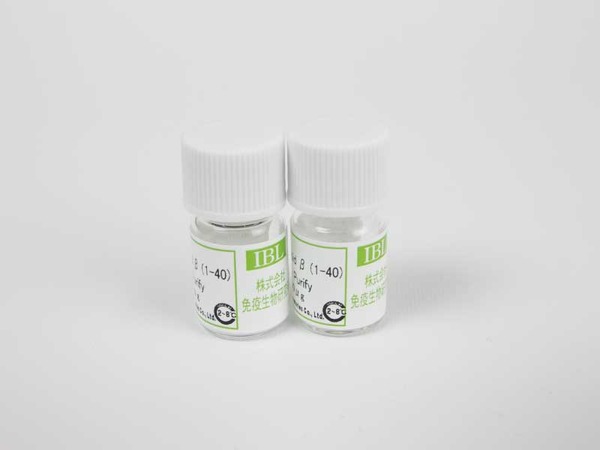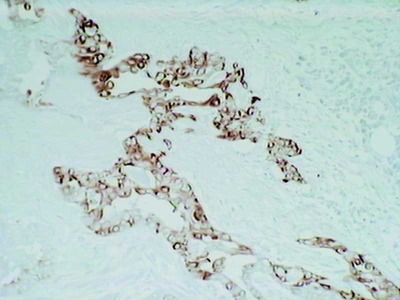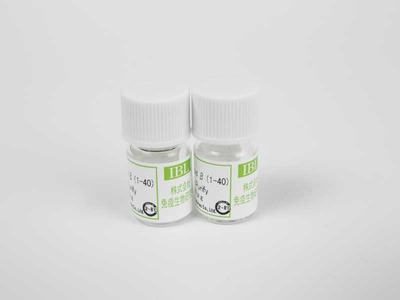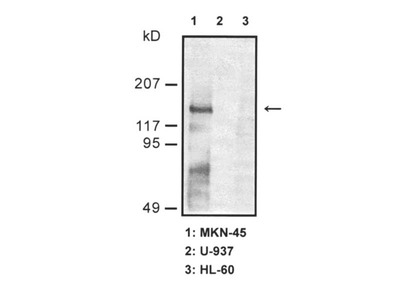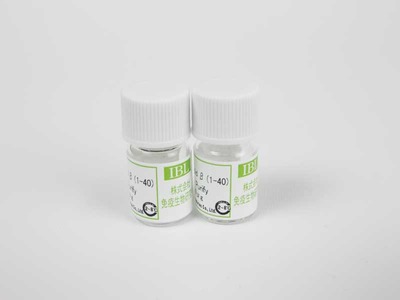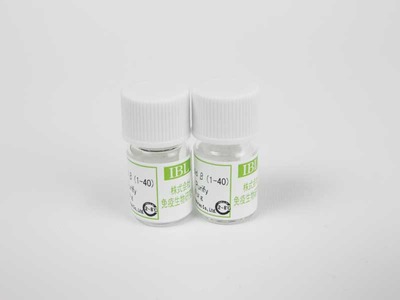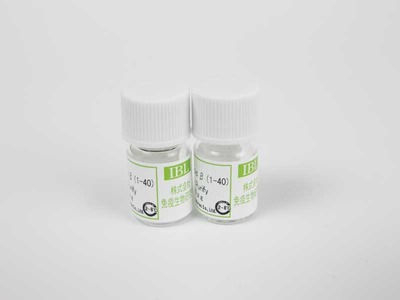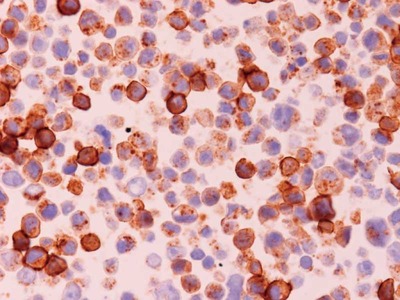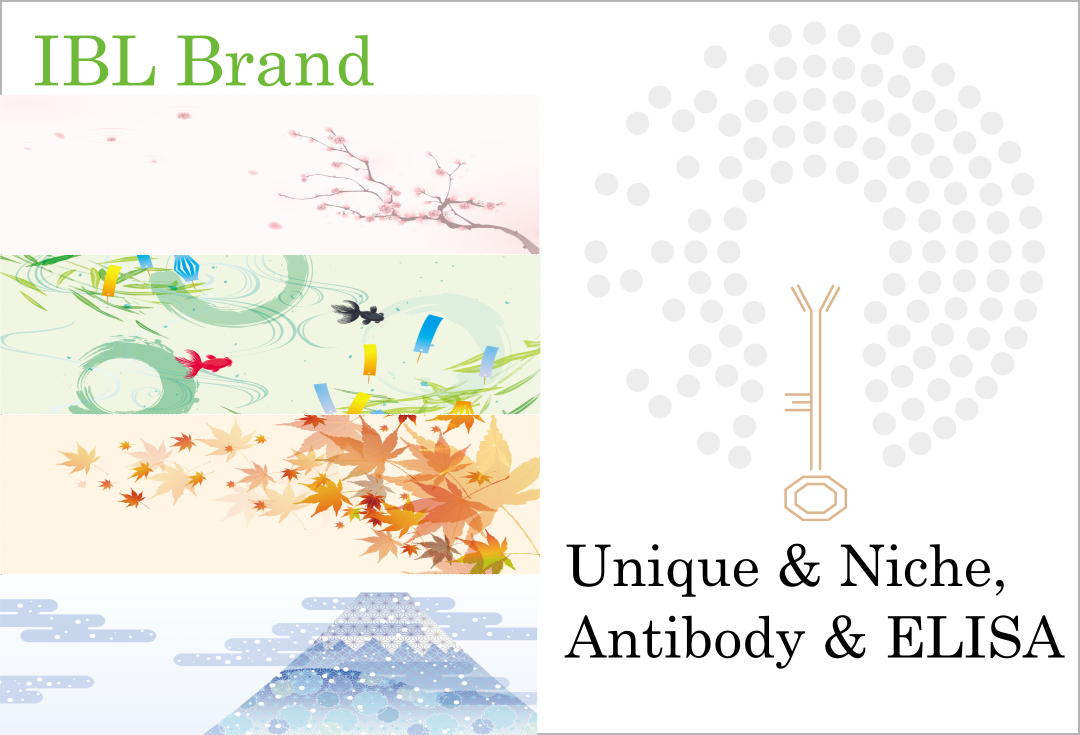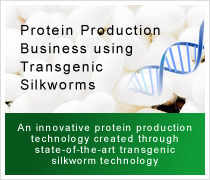- HOME >
- For Researchers >
- Product Search >
- Search Result >
- #18132 Anti-Human HGFβ (H714) Rabbit IgG Affinity Purify
Product Search
#18132 Anti-Human HGFβ (H714) Rabbit IgG Affinity Purify
- Intended Use:
- Research reagents
- Application:
- WB, IHC
- Package Size1:
- 100 μg
- Package Size2:
- 10 μg
- Note on Application Abbreviations
- WB:Western Blotting
- IHC:Immunohistochemistry
※ The product indicated as "Research reagents" in the column Intended Use cannot be used
for diagnostic nor any medical purpose.
※ The datasheet listed on this page is sample only. Please refer to the datasheet
enclosed in the product purchased before use.
Product Overview
Product Overview
| Product Code | 18132 |
|---|---|
| Product Name | Anti-Human HGFβ (H714) Rabbit IgG Affinity Purify |
| Intended Use | Research reagents |
| Application | WB, IHC |
| Species | Human |
| Immunizing antigen | Synthetic peptide of the C-terminal part of Human HGF β-chain |
| Purification Method | Purified with antigen peptide |
| Specificity | Not cross-react to human HGFα |
| Package Form | Lyophilized product from 1 % BSA in PBS containing 0.05 % NaN3 |
| Storage Condition | 2 - 8℃ |
| Poisonous and Deleterious Substances | Applicable |
| Cartagena | Not Applicable |
| Package Size 1 | 100 μg |
| Package Size 2 | 10 μg |
| Remarks1 | The commercial use of products without our permission is prohibited. Please make sure to contact us and obtain permission. |
Product Description
Product Description
Hepatocyte Growth factor (HGF) was discovered as a mitogen for hepatocytes. HGF was subsequently found to be identical to the scatter factor, which destroys epithelial cell adhesion and promotes cell movement. Some reports have Hepatocyte Growth factor (HGF) was discovered as a mitogen for hepatocytes. HGF was subsequently found to be identical to the scatter factor, which destroys epithelial cell adhesion and promotes cell movement. Some reports have shown that HGF is expressed in normal and malignant mammary epithelium. HGF has also been reported to promote motility and growth of epithelial cells, to induce morphogenesis of epithelial cells and to promote vascularization. It has been speculated that HGF is involved in the growth and metastasis of cancer cells. The first step in the initiation of HGF action is dependent on its biding to a specific cell surface receptor, the HGF receptor, encoded by the proto-oncogene c-Met. It has been suggested that c-Met mediates both responses, i.e., promotion of growth and motility of HGF. HGF is synthesized as a 728 amino acid that is processed to generate the mature growth factor consisting of a disulfide-linked 69 kDa α 34 kDa β chain.

